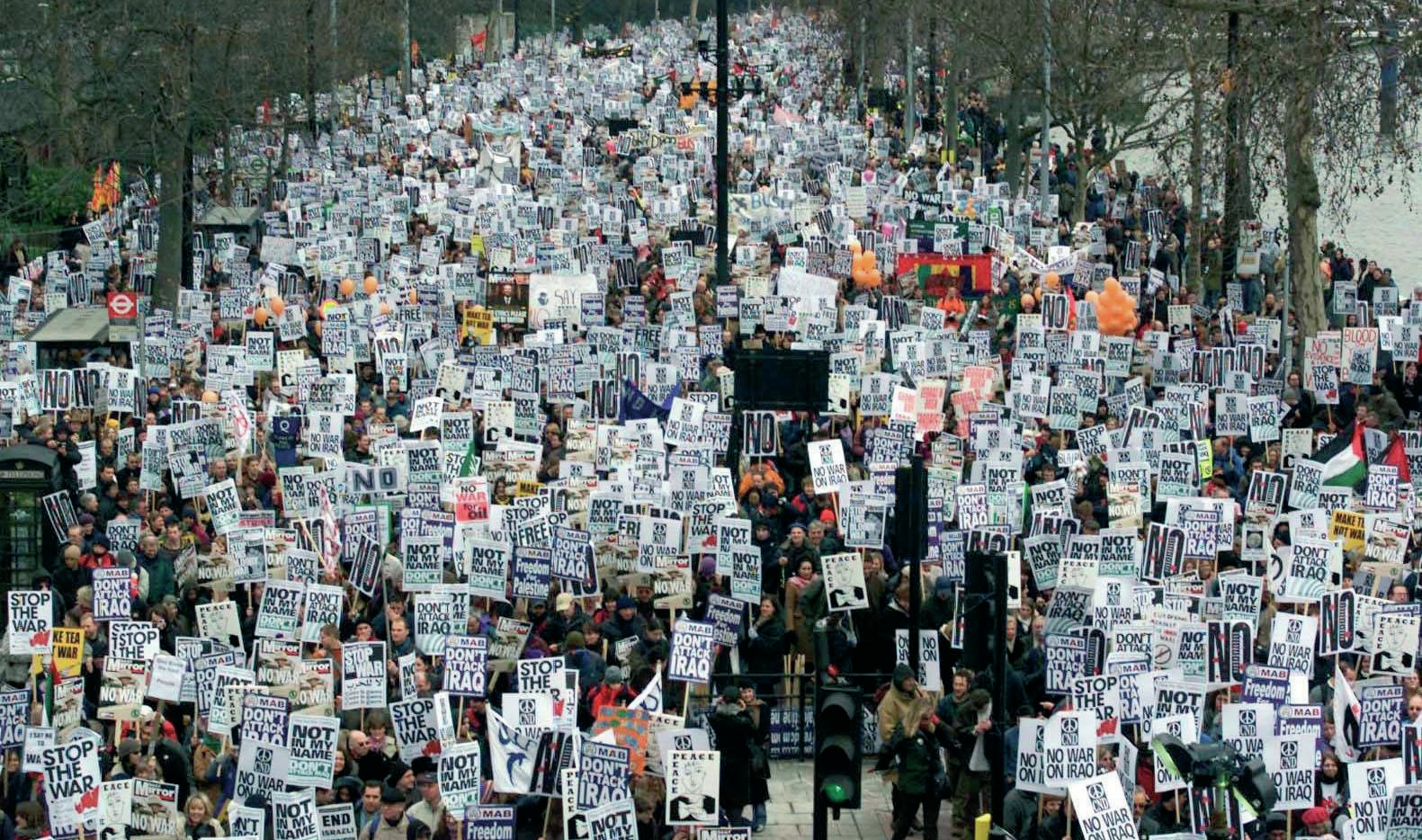
When the first reports that a second plane had hit the Twin Towers reached the president and that, in the memorable phrase of the chief of staff, ‘America was under attack’, George W. Bush was visiting a school. Moments later in his first response to the press the president promised ‘to conduct a full-scale investigation to hunt down and to find those folks who committed this act’. Although the language became more polished as time went on the Bush government never wavered in its determination to punish the perpetrators of the attacks and the events of 9/11 were followed swiftly by the invasion of Afghanistan and then in 2003 by the invasion of Iraq.
In the initial days following the attack the USA attracted strong support from its European allies and the United Nations passed Security Resolution 1373 to impose counter-terrorism measures on all member states. On 7 October the USA and Britain launched Operation Enduring Freedom with the promise of military support from more than 30 states. Opposition to the invasion was limited across Europe, although concerns were raised in some quarters regarding the historic difficulties Russia and Britain had faced when attempting to invade the country in the past.
Your organisation does not have access to this article.
Sign up today to give your students the edge they need to achieve their best grades with subject expertise
Subscribe




